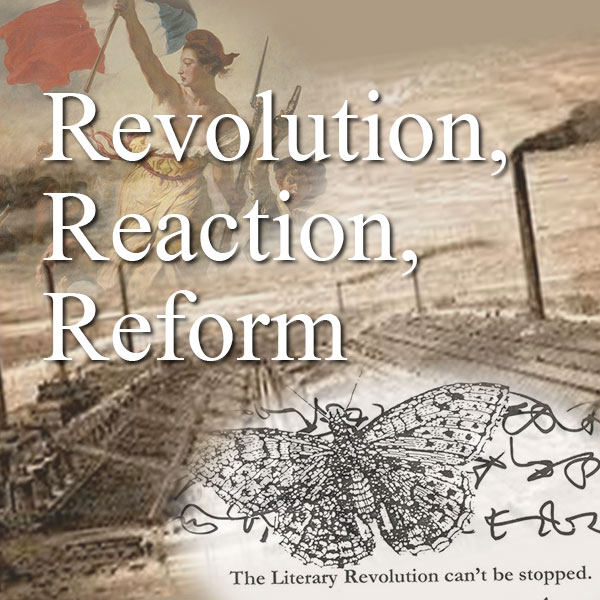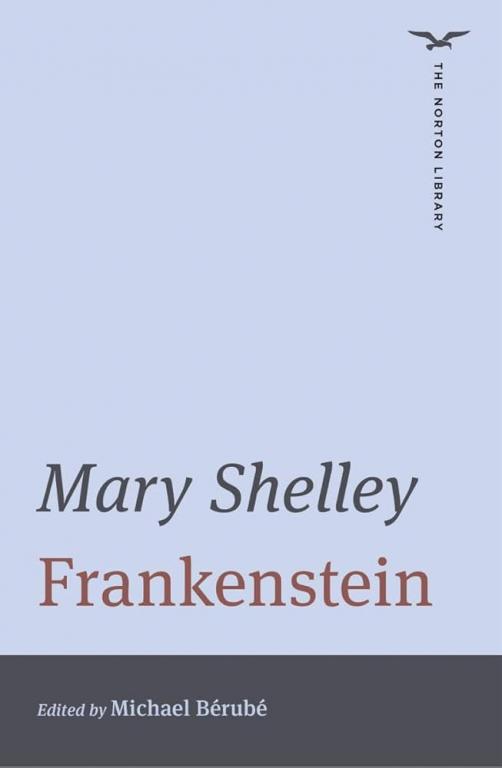This timeline is related to British Literature as a whole, and the entries on this timeline will have to do with the subject of why certain pieces of British literature allude to themes of humanity.
MSSU ENG272 - Spring 2025 Dashboard
Description
 British Literature II: Revolution, Reaction, Reform examines British literature from the late eighteenth century to the present, a period that witnessed the American and French Revolutions, slave revolts such as the Haitian Revolution, a “revolution in female manners,” the Industrial Revolution, the twentieth-century revolutionary wave in Europe, as well as World War I and World War II, and, of course, artistic revolutions. We will consider how the authors and literary works of this period might be reacting to change, advocating for reform, or participating in literary revolutions—whether revolution is understood in the sense of “revolving” or of “revolting,” going full circle to return to a previous (more perfect?) time or experiencing/effecting a great alteration or rupture.
British Literature II: Revolution, Reaction, Reform examines British literature from the late eighteenth century to the present, a period that witnessed the American and French Revolutions, slave revolts such as the Haitian Revolution, a “revolution in female manners,” the Industrial Revolution, the twentieth-century revolutionary wave in Europe, as well as World War I and World War II, and, of course, artistic revolutions. We will consider how the authors and literary works of this period might be reacting to change, advocating for reform, or participating in literary revolutions—whether revolution is understood in the sense of “revolving” or of “revolting,” going full circle to return to a previous (more perfect?) time or experiencing/effecting a great alteration or rupture.
Access the works for annotations assignments in COVE Studio here: ENG 272, Spring 2025
The digital edition of Frankenstein for annotations and the map project can be found here: Mary Shelley, Frankenstein (1818)
Galleries, Timelines, and Maps
Your map name should be the title of your project followed by your name or initials. Link your map entries to your timeline.
For your timeline, map, and gallery, give each the title of your project, followed by your name or initials. Work on linking the elements from the three tools, so you can walk us through your timelineduring your presentation. Your timeline should link to your gallery items and your map locations.
 Kazuo Ishiguro's novel Never Let Me Go takes place in an alternative "England, late 1990s". While some elements of setting are richly imagined, there is little connection to the places and events of the "real world." This timeline invites us to explore historical events that might have informed Ishiguro's writing or our interpretation of Never Let Me Go.
Kazuo Ishiguro's novel Never Let Me Go takes place in an alternative "England, late 1990s". While some elements of setting are richly imagined, there is little connection to the places and events of the "real world." This timeline invites us to explore historical events that might have informed Ishiguro's writing or our interpretation of Never Let Me Go.
 Mary Shelley's 1818 novel Frankenstein is "a profoundly geographical text," as Jason M. Kelly puts it in his introductory comments on A Frankenstein Atlas. Characters in the novel are remarkably mobile, and they refer to many more locations than they visit. This class mapping project identifies many of the named locations and explains their importance to the novel and for the novels themes.
Mary Shelley's 1818 novel Frankenstein is "a profoundly geographical text," as Jason M. Kelly puts it in his introductory comments on A Frankenstein Atlas. Characters in the novel are remarkably mobile, and they refer to many more locations than they visit. This class mapping project identifies many of the named locations and explains their importance to the novel and for the novels themes.
Pages
Individual Entries
At the University of Glasgow in 1763, a man by the name of James Watt was given a steam engine created by Thomas Newcomen to repair. While repairing, Watt realized there were several ways to imrpove the machine. A few years later, Watt invented a new and improved steam engine, propelling the Industrial Revolution forward at a fast rate. This invention is often thought to be one of the most defining moments of the Industrial Revolution. Because of the technological advancement that was inspired by Watt's invention, individuals began to look toward reason and science rather than faith and religion.
